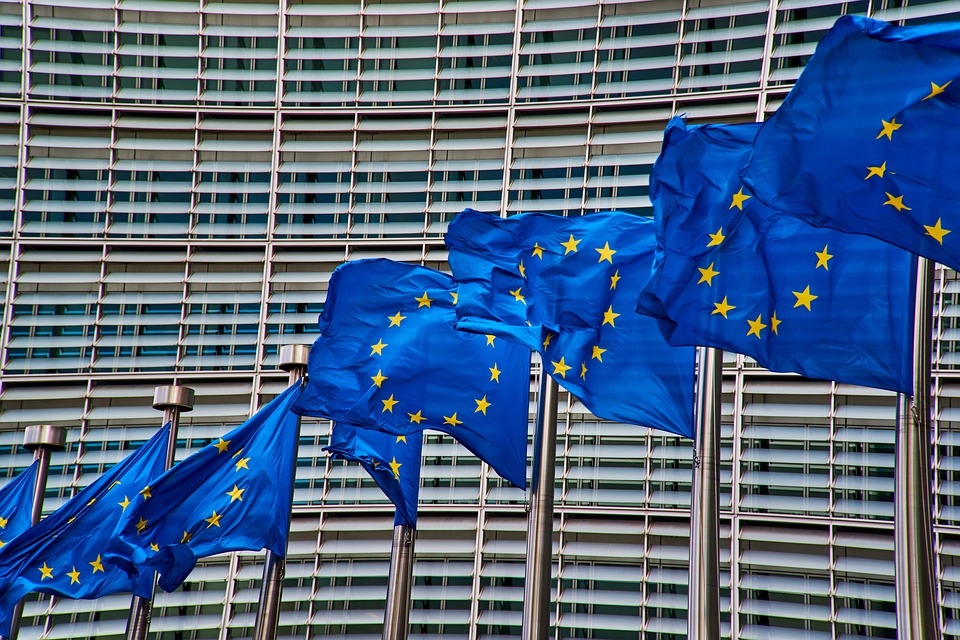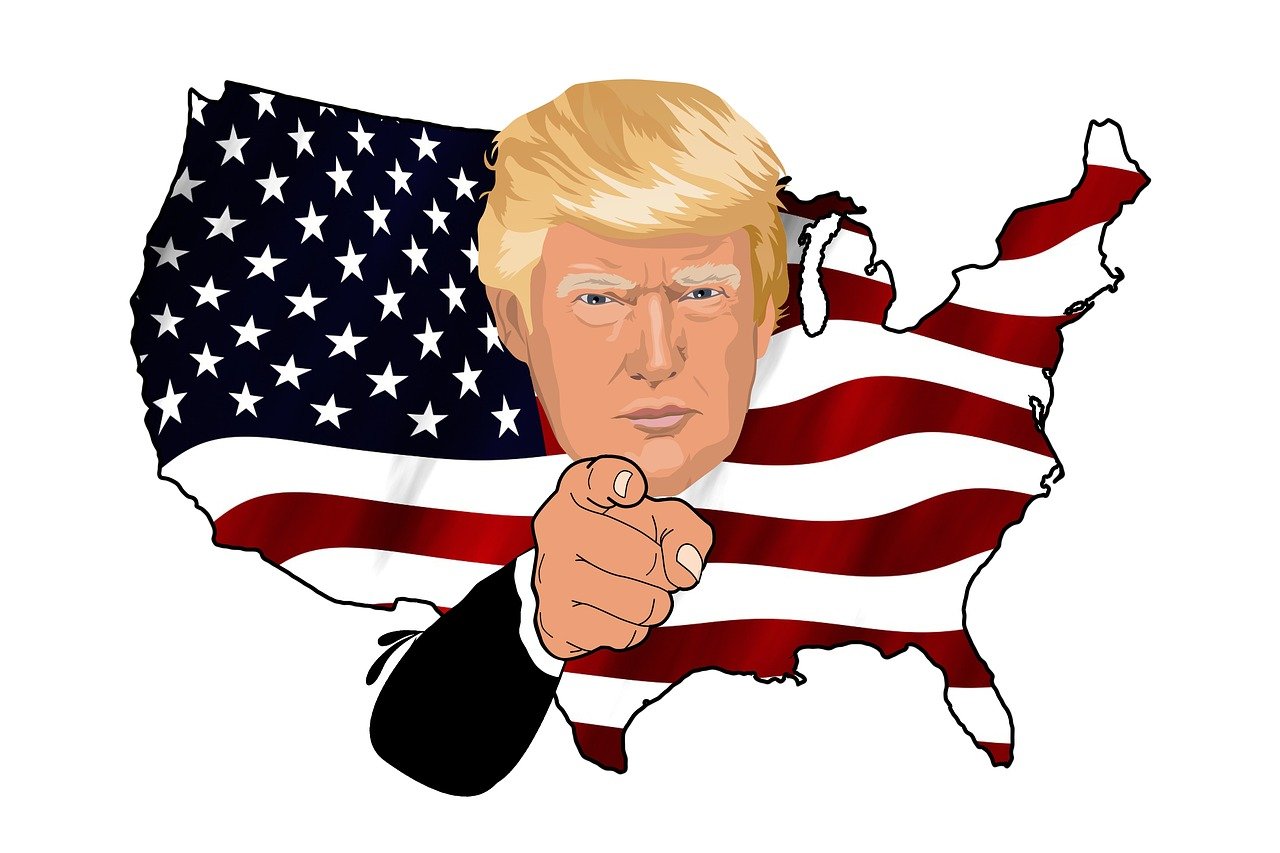Breaking News: The Indictment of Benjamin Netanyahu for War Crimes
In a groundbreaking development, Israeli Prime Minister Benjamin Netanyahu faces a landmark indictment for alleged war crimes. This explosive revelation has sent shockwaves through the international community, raising urgent questions about accountability and justice in the context of the Israeli-Palestinian conflict. In a recent YouTube video, Judge Andrew Napolitano hosts a compelling discussion with renowned economist and international affairs expert Professor Jeffrey Sachs to unpack these serious allegations.
Understanding the Indictment
The charges against Netanyahu and former Defense Minister Gallant are grave, encompassing acts that are classified as war crimes and crimes against humanity under international law. The indictment includes allegations of the deliberate starvation of Gaza’s civilian population and the systematic denial of medical care. Particularly harrowing are accounts of children undergoing surgery without anesthetics, painting a distressing picture of the humanitarian crisis in Gaza.
The Role of the United States
One of the most critical aspects of this discussion is the United States’ role in the ongoing crisis. As a staunch ally of Israel, U.S. support has been unwavering, but this relationship may now implicate American leaders in enabling these alleged atrocities. Professor Sachs and Judge Napolitano delve into how figures like President Joe Biden and Secretary of State Antony Blinken could be perceived as complicit due to their diplomatic and military backing of Israel.
The conversation also highlights the influence of lobbying on Congress, which remains a contentious issue. Despite the pending legal actions against Netanyahu, he recently received a standing ovation from Congress, underscoring the complex and often controversial nature of U.S.-Israel relations.
International Response and Implications
The international community’s response to Netanyahu’s indictment is varied, with some nations calling for immediate accountability, while others remain silent. This situation poses significant implications for Netanyahu’s travel and diplomatic engagements, as countries may choose to act on the arrest warrant.
Moreover, the discussion touches on the broader historical context of U.S.-Israel relations and the role of the U.S. in Middle Eastern conflicts. The indictment could serve as a catalyst for re-evaluating these long-standing alliances and policies.
The Role of the United States
A critical aspect of the discussion is the role of the United States in this crisis. The U.S. has long been a staunch ally of Israel, but this support may now implicate American leaders in enabling alleged atrocities. The conversation explores how this alliance, particularly under the leadership of President Joe Biden and Secretary of State Antony Blinken, could be perceived as complicit in the actions taken by Israel’s government.
Professor Sachs and Judge Napolitano also examine the influence of lobbying on Congress, a factor that cannot be overlooked. Despite the serious allegations against him, Netanyahu recently received a standing ovation from Congress, highlighting the complex interplay between political allegiance and legal accountability.
Netanyahu’s Dismissal and Global Perception
Despite the serious nature of the charges, Netanyahu has dismissed the indictment, maintaining his stance and continuing his political duties. This reaction raises questions about the global perception of Israel’s actions and the potential impact on its international standing.
Conclusion and Future Implications
As the video discussion draws to a close, Judge Napolitano and Professor Sachs emphasize the importance of accountability and justice in addressing these allegations. The indictment of a sitting prime minister for war crimes is unprecedented and could have far-reaching implications for international law and diplomacy.
In conclusion, the situation remains fluid, with future developments likely to shape the geopolitical landscape. The call for accountability and a reevaluation of foreign policy priorities is more pressing than ever, as the world watches to see how these allegations will be addressed.
This discussion serves as a critical reminder of the importance of global justice and the ethical considerations that must guide international relations. As the story unfolds, the implications for peace in the Middle East and the broader international community remain profound.


